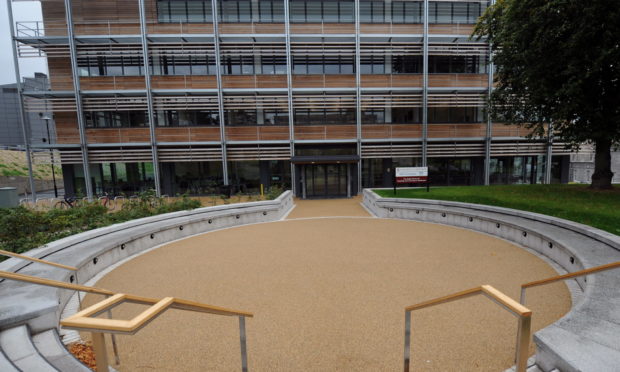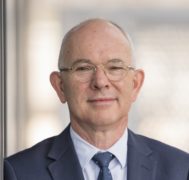With a history dating back 525 years, Aberdeen University has survived many challenges and threats, including the plague in the 17th Century and two world wars.
But when we held celebrations in February to mark our landmark birthday, we could not have foreseen that 2020 would become a year of such difficulty for the world.
As it has for everyone, Covid-19 put paid to many of the plans we had for this year – in particular our series of public events to celebrate, as an institution, our centuries of academic achievement and service to the north-east since our foundation.
Nonetheless, reflecting upon the long history of the university and the adversity we have overcome through the centuries has helped us through a period of rapid change.
Becoming a “virtual” university practically overnight required a huge endeavour from our staff and enormous adaptability from our students.
It has been incredibly heart-warming to see the way in which the whole of our community has pulled together to support this.
Teaching has been delivered in brand new ways, assessments have been rewritten at short notice so they can be delivered remotely if required and our counselling and student support services have moved online.
Our core of essential workers continue to assist those still living in our halls of residence and to support the running of our large estate. These workers deserve huge credit for their dedication to maintaining the physical fabric of our university and supporting our students.
But universities have a much bigger role to play in the fight against Covid-19. Here in Aberdeen, the university is well placed to support the NHS through our expertise, facilities and the good will of our community.
We can look back to numerous examples in our past which demonstrate the “can do” attitude which continues to prevail today.
During the First World War, an Aberdeen University war work party was formed and produced thousands of war dressings and garments every week. Similarly, many students undertook fundraising activities such as selling flags in aid of the Belgian Refugee Fund while others served meals to soldiers at the railway station or worked on farms during the summer vacation.
A few weeks ago, when we sought volunteers from our community to assist the NHS, more than 700 answered the call in less than 24 hours. Other staff members are sewing scrubs for the NHS or providing healthy recipes as part of food delivery services for the vulnerable.
All clinical academics are now prioritising clinical care, with NHS Grampian deploying them based on where they can be most effective. Administrative and technical staff are helping to increase NHS Grampian’s capacity for Covid-19 testing.
In addition, with guidance from the General Medical Council, on Friday we held a virtual graduation service for our final year medical students who have completed the necessary academic requirements so that they can be available to respond to the needs of the NHS. Many other students from health care, biomedical sciences and other areas have come forward to assist wherever they are required.
The university’s Suttie Centre has been repurposed for training – including correct face-fitting of masks and the briefing of retired staff who are returning to the NHS to help deal with the impact of coronavirus. We have also opened up our car parks on the Foresterhill site to increase capacity for NHS staff and patients.
Our public health experts are undertaking scenario modelling – assisting the NHS to prepare to respond to the rapidly evolving situation.
Looking forward, research will be needed to answer emerging questions, and our experts will play a vital role in this. When the Scottish Government put out a call to universities to identify how they can assist, our academic colleagues from across all areas of the university put forward 25 proposals within just a few days.
Naturally, the focus at this time is getting through the crisis but, as this subsides, it will again be universities that lead the way – not only in Covid-19 related research from finding vaccines to understanding transmission but in understanding the social and economic impact of this upon our communities, the lessons we can learn and positive changes we can take forward.
At the start of the year we set out a vision which would guide us through the next two decades and one of the pillars of this was interdisciplinary work which will see academics from all subject areas work together to provide answers to the challenges of our time. Aberdeen University – as it has over the course of its long history – will get through this challenge but these are difficult times for all sectors. The university remains, as we have since 1495, open to all (albeit virtually for now) and dedicated to the pursuit of truth in the service of others in the north-east and the wider world.
Professor George Boyne is principal and vice-chancellor of Aberdeen University

